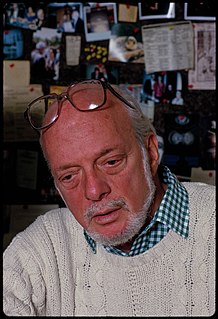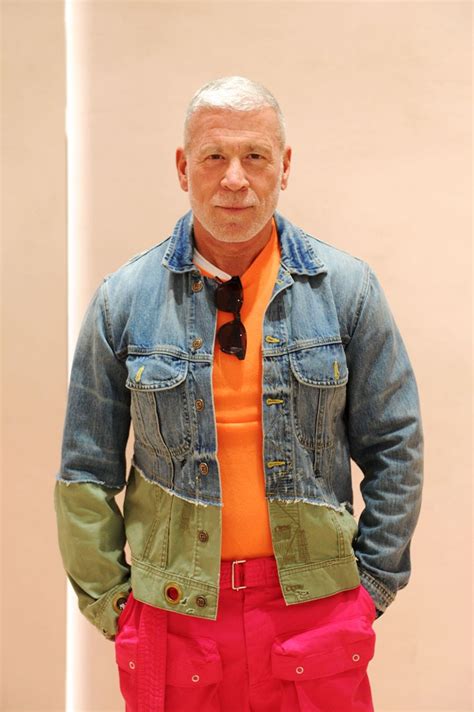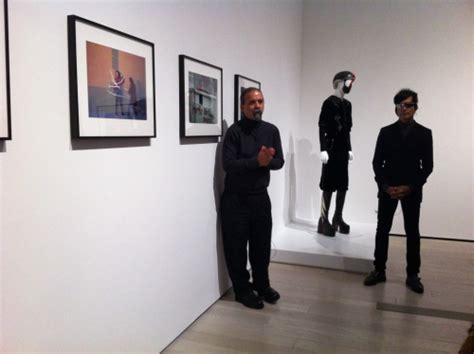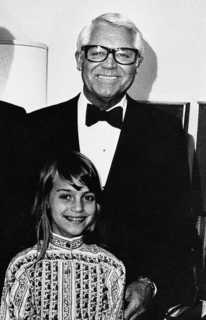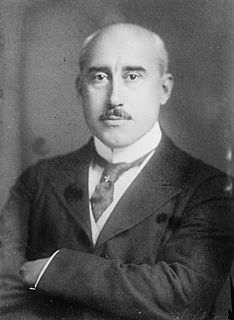A Quote by Genesis P-Orridge
All the people at university were very aristocratic - except me, because I was on scholarship. And everyone there voluntarily wore suits and ties every day. And this was in the '60s!
Related Quotes
At West Ham, I was the last person to be offered a scholarship. I remember an Under 18 match against Fulham. I was 16 and had to prove myself. Everyone else already had their scholarship. It was probably one of my best games. Knowing that every day I'd have to fight has made me into the person I am today.
Learning how to shine a pair of shoes to me was like if you could do, you were like you were on your way to having abilities and skills as to be able to spit-shine a pair of shoes like they're patent leather. You're a bad dude. To spit-shine a pair of shoes. So, even to that small detail, that aided me and assisted me in becoming the artist that I am. My uncles' sense of style, their type of ties they used. The way they wore their suits, big and huge and baggy. The way they did their haircuts with the side burns. All of that.
Simple. Pared down. Timeless. The ties were never too thick or too thin; the pants were never too flared or too skinny. In my life with Dad, he wore Western apparel because we went riding - jeans, cowboy boots, the turquoise belt buckle. But it was all very simple, and that classic look is very 'Ralph Lauren.'
My '60s plays were as good as most of the other plays I've written ... except I wasn't in a condition to refine them, to help in the rehearsal, or do anything. I was hardly conscious of what was going on except during the hours of the day when I was actually writing ... and that was with the aid of speed.
In middle school, one day this girl was like, 'One day you wore Abercrombie, and one day you wore Quicksilver.' I was like, 'Hold on... what?' I'm usually really calm, but I kind of went off on her. Because I decided to wear Quicksilver one day, you can't place me? How stupid to have to live inside that box.
I like to shoot beautiful things. My two previous movies were one in the '60s, the other one in the '50s, and this one is in the '20s. This is a period that's very cinegenic. The cars, the props, the suits, the haircuts, the dresses, everything, and it gives you pleasure to compose frames with that material. The music, I really love jazz, so for me, when you have good materials and nice things, it's very pleasant.
A nasty day! A nasty day! 'Twas thus I heard a critic say Because the skies were bleak and gray— And yet it somehow seemed to me The day was all that it should be. I looked it very closely o'er; Its hours still were twenty-four, With sixty minutes each—no less— For deeds of good and helpfulness; And every second full of chance To give the day significance; And every hour full of growth For everybody but the sloth— I couldn't see it quite that way, For though the skies were bleak and gray The day itself, it seemed to me, Was all a day could rightly be.




